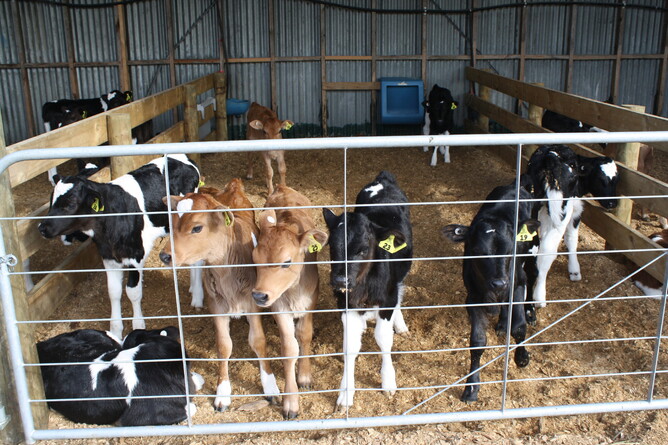Let’s face it; no matter how well you plan calving, it is a stressful time for most people.
However there are some simple things you can do for yourself and your staff to reduce that.
• When we are busy or stressed the first thing that goes is communication but this is
when it is most crucial. Don’t be tempted to skip those regular staff meetings. Deal
with things before they become problems, thus reducing wear and tear on both your
team and your assets. So ensure you continue your weekly staff meetings to update
on progress, plan key activities, delegate responsibilities and discuss and deal with
any issues that may have arisen.
• Have a whiteboard in the farm office with a list of general jobs to do and a weekly
calendar. This keeps things in perspective, allowing you to prioritise and stay focused.
It is also a really good tool to remind staff of the jobs that need doing.
• Start each day with a list of the main jobs needing to be completed, with stock work
being the main priority.
• Don’t make assumptions! This means don’t assume everyone is built like you. Make
sure your expectations of your staff are reasonable. This includes what work they can
achieve in a day, how much rest they need to function well, how they cope with
stress, lack of sleep and long hours.
• Take time out during the day for a cup of tea and a chat with your staff. This will only
take around 10 minutes every day and chances are they will be feeling stressed as
well. The old saying “a problem shared is a problem halved” is so true.
• Remember that there is light at the end of the tunnel and it is not a train!
As an employer, it is your responsibility to ensure that all your team members are working in
reasonable conditions and are therefore being productive. Here are some key points to
remember.
• A healthy body copes better with stress so ensure you and all your staff are eating
well and getting enough sleep. It is particularly important to check on junior or single
staff who may be more tempted to burn the candle at both ends and who may not
understand the importance of good nutrition. Two-minute noodles do not count as a
balanced meal! Crockpots/slow cookers used well can be ‘life-savers’. Pass on handy
hints you have learned from your own experience.
• Perhaps provide young/single staff with a hot meal a few times per week over the
peak period, or have other staff help with this if appropriate.
• Over the spring, it may be appropriate to employ a local person say twice per week for
1-2 hours to do basic cleaning/prepare a hot meal for single staff.
